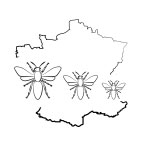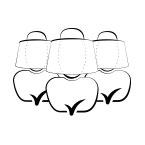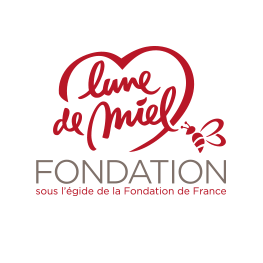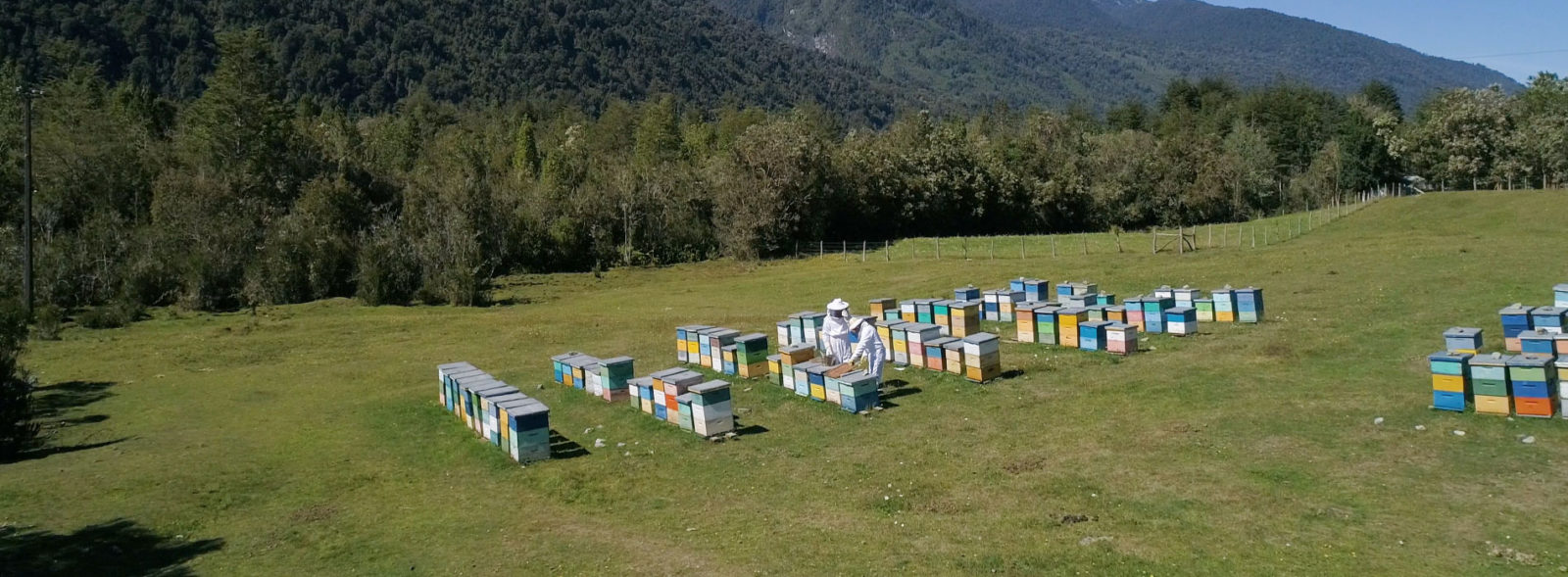Bees are our best friend when it comes to Famille Michaud Apiculteurs savoir-faire. To protect bees and promote healthy hives, we have to be intimately familiar with them.

30% fewer bees per year
in France because of pesticides, climate conditions, and other causes

€700,000 over a seven-year period
This is the amount of the contribution that Famille Michaud Apiculteurs has made to the Fondation Lune de Miel® to save bees and beekeeping

100% of our beekeepers
have signed a charter to guarantee the protection of bees
Its translucent, membranous wings act like an ID card, assigning it to the hymenoptera family (from the Greek hymen, which means membrane). Bees travel far and exist pretty much everywhere in the world, except in regions experiencing very cold winters. There are more than 20,000 different species of bees, but only one produces honey: Apis mellifera or Apis mellifica.
Bees are fascinating insects that organise themselves in rich, complex ways. They are social animals and live in colonies. In the hive, each member of the micro-society has a role: there are many worker bees, a few drones, a single queen. Learn more >
While they are endowed with an acute sense of adaptation, bees are fragile nonetheless. Every year, France loses 30% of its bees. The multiple causes of this alarming observation include pesticides, changing climate conditions, disease, and destructive parasites. Indeed, bees are crucial in pollination and maintaining biodiversity.
“If bees disappeared from the face of the Earth, mankind would only have four years left to live.”
Albert Einstein


To take action against these disappearances, Famille Michaud Apiculteurs created, in 2014, the Fondation Lune de Miel®, endowed with a fund amounting to 700,000 euros over a seven-year period, to save bees and beekeeping.
This commitment is not only financial in nature. Famille Michaud Apiculteurs is also joining forces with beekeepers who care about installing their hives in isolated regions, far from pollution. They have signed a charter that indicates their eagerness to protect their bees from nuisances such as noise and pesticides, and to select fertile grounds with specific, rich flora.

Choosing a healthy and harmonious environment allows us
to guarantee our consumers are getting 100% pure and natural* honey, produced by healthy bees.
*According to regulations














